








Bayside Marin
Verified Center
This provider's information has been quality-checked by Recovery.com's Research Team for accuracy and completeness, including center verification through appropriate third-party organizations.
Treatment Focus
This center treats substance use disorders and co-occurring mental health conditions. Your treatment plan addresses each condition at once with personalized, compassionate care for comprehensive healing.
Primary Level of Care
Offering intensive care with 24/7 monitoring, residential treatment is typically 30 days and can cover multiple levels of care. Length can range from 14 to 90 days typically.
Treatment Focus
This center treats substance use disorders and co-occurring mental health conditions. Your treatment plan addresses each condition at once with personalized, compassionate care for comprehensive healing.
Primary Level of Care
Offering intensive care with 24/7 monitoring, residential treatment is typically 30 days and can cover multiple levels of care. Length can range from 14 to 90 days typically.
Provider's Policy
Please call our admissions team for more information on insurance coverage. A knowledgeable member of our team can answer any financial questions you might have, and they can also reach out directly to your insurance carrier to verify and maximize your benefits. This service is free and puts you under no obligation to choose our programming.
Bayside Marin
Bayside Marin
About Bayside Marin
Located in one of the most exclusive areas of Northern California, Bayside Marin treats adults (18+) who are struggling with substance use and co-occurring mental health concerns. Care is offered across a full continuum, so clients can start with medically monitored detox if needed, settle into residential treatment for stabilization, and then step down into partial hospitalization and intensive outpatient support as they need.
Strengthen Recovery with 5 Focused Milestones
Instead of “steps,” clients move at their own pace through five focused phases:
- Incentive: getting crystal clear on their own reasons for getting sober
- Awareness: building insight into themselves and the nature of addiction
- Support: creating a sober support system that’s allowed to give honest feedback
- Vigilance: identifying relapse triggers and developing a prevention plan, and
- Preparation: putting together a discharge plan
Find Privacy, Peace, and Room to Breathe
Just north of San Francisco, Bayside Marin welcomes clients to either their mountainside home with views of the bay and a canyonside residence tucked into a forested hillside overlooking a valley. The luxury here isn’t flashy. It’s comfort that supports recovery, with space to decompress and reset through spa-style amenities like a pool, sauna, steam room, and jacuzzi, along with walking trails and a fully equipped gym.
Return to Life without Doing It Alone
The alumni program and ongoing aftercare are built to keep people feeling supported long after discharge, because staying on track is often hardest in the first year back in daily life. Alumni receive regular check-ins by phone and email, help finding local support, and invitations to weekly alumni groups where they can reconnect with peers to share victories and challenges.

Highlights from the Center
Highlights
These highlights are provided by and paid for by the center.
Therapeutic Location
Holistic Approach
Private Rooms Available
Executive Treatment
Center Overview
Treatment Focus
This center treats substance use disorders and co-occurring mental health conditions. Your treatment plan addresses each condition at once with personalized, compassionate care for comprehensive healing.
CARF Accredited
CARF stands for the Commission on Accreditation of Rehabilitation Facilities. It's an independent, non-profit organization that provides accreditation services for a variety of healthcare services. To be accredited means that the program meets their standards for quality, effectiveness, and person-centered care.

Bayside Marin
Insurance Accepted
Cash Pay Rates
Estimated Cash Pay Rate
Center pricing can vary based on program and length of stay. Contact the center for more information. Recovery.com strives for price transparency so you can make an informed decision.




Treatment Centers Similar to Bayside Marin in Northern California
Recovery.com Verified Listing
Recovery.com verified that the name, location, contact information and license to operate for this treatment provider are valid and up-to-date.

CARF Accredited

Licensed by California DHCS

NAATP Member
Recovery.com is an independent, third-party mental health resource. Verification does not imply endorsement and does not guarantee the quality of treatment services.
Meet Your Care Team

Dr. Jong Kim
Medical Director
MD/MPH DABFM DABPM
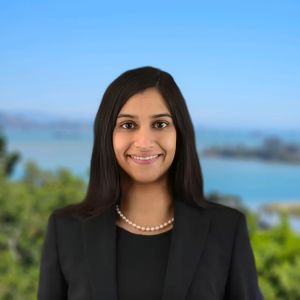
Alessia Bhargava
Consulting Psychiatrist
MD
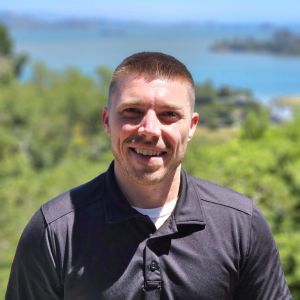
Wesley Ahlborn
Director of Nursing
RN
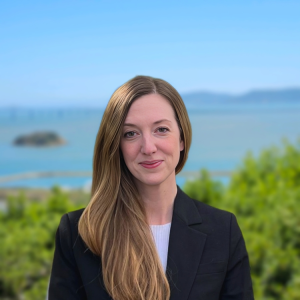
Amanda Adams
Nurse Practitioner
MSN, FNP-C
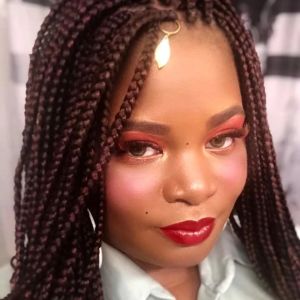
Sheena Perry
Psychiatric Nurse Practitioner
MSN, PMHNP-BC, APRN, CNE
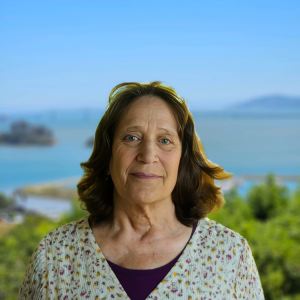
Gwendolyn Stanhope
Physician Assistant
MS, MPA, PA-C

Anna Rajamachvili
Charge Nurse
RN
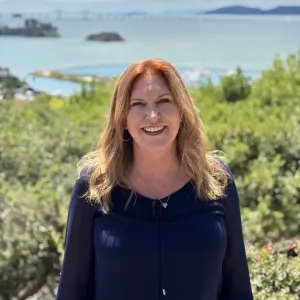
Susan Dow
Clinical Director
LMFT, LCADC

Cliff Prout
Director of Program Management
CADC
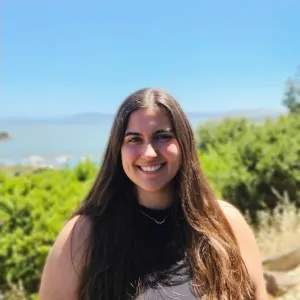
Mariya Nadberezhna
Director of Business Development
MA

Mariah "Rye" Allbritton
Executive Chef
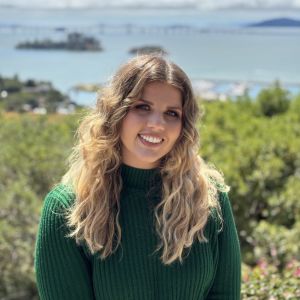
Lauren Moritz
Intake Coordinator
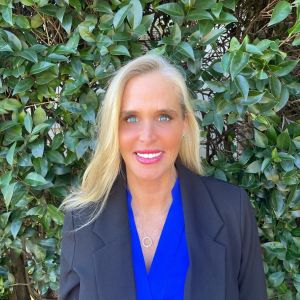
Kristina Wandzilak
Family Program Facilitator & Recovery Group
CAS, BRI-II
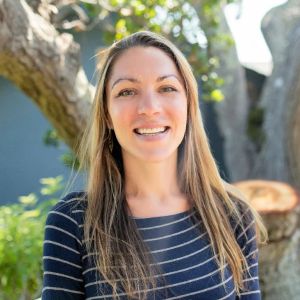
Sheila Morrissey
Continuing Care Case Manager
CATC III
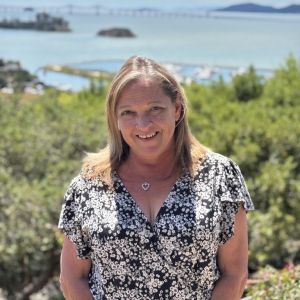
Cindy Robinson
Continuing Care Case Manager

Shaina Epstein
Milieu Manager
MBA
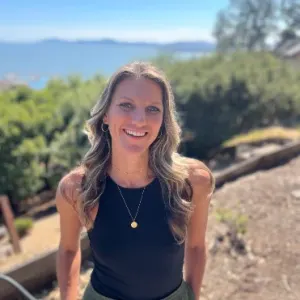
Alex Tata
Therapist
AMFT
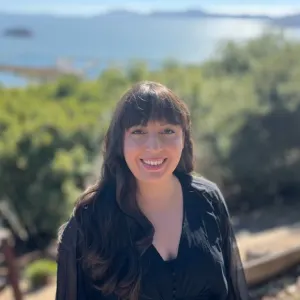
Anjelica Martinez
Therapist
AMFT
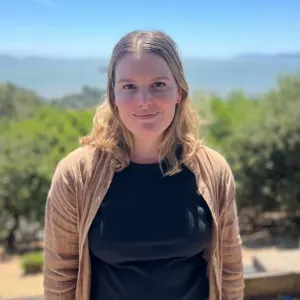
Eleanor Beckman
Therapist
AMFT, APCC

Anne Mangan
Therapist
AMFT, APCC

Kacey Koeberer
Therapist
AMFT
Your Care Options
Specializations
Alcohol
Using alcohol as a coping mechanism, or drinking excessively throughout the week, signals an alcohol use disorder.
Detox
Detox fully and safely removes toxic substances from the body, allowing the next steps in treatment to begin with a clean slate.
Executives
Executive treatment programs typically directly support the needs of people who manage businesses and may provide flexible schedules and office space to allow work during treatment.
Holistic
A non-medicinal, wellness-focused approach that aims to align the mind, body, and spirit for deep and lasting healing.
LGBTQ+
Addiction and mental illnesses in the LGBTQ+ community must be treated with an affirming, safe, and relevant approach, which many centers provide.
Prescription Drugs
It's possible to abuse any drug, even prescribed ones. If you crave a medication, or regularly take it more than directed, you may have an addiction.
Veterans
Patients who completed active military duty receive specialized treatment focused on trauma, grief, loss, and finding a new work-life balance.
Who We Treat
Executives
Executive treatment programs typically directly support the needs of people who manage businesses and may provide flexible schedules and office space to allow work during treatment.
LGBTQ+
Addiction and mental illnesses in the LGBTQ+ community must be treated with an affirming, safe, and relevant approach, which many centers provide.
Men and Women
Men and women attend treatment for addiction in a co-ed setting, going to therapy groups together to share experiences, struggles, and successes.
Professionals
Busy, high-ranking professionals get the personalized treatment they need with greater accommodations for work, privacy, and outside communication.
Veterans
Patients who completed active military duty receive specialized treatment focused on trauma, grief, loss, and finding a new work-life balance.
Treatment Services
Detox
Detox fully and safely removes toxic substances from the body, allowing the next steps in treatment to begin with a clean slate.
Intensive Outpatient Program
In an IOP, patients live at home or a sober living, but attend treatment typically 9-15 hours a week. Most programs include talk therapy, support groups, and other methods.
Outpatient
During outpatient rehab, patients attend a structured treatment program while continuing to live at home.
Residential
In a residential rehab program, patients live onsite, with access to daily treatment and 24-hour care. An average stay is 30-90 days.
Approaches
Evidence-Based
A combination of scientifically rooted therapies and treatments make up evidence-based care, defined by their measured and proven results.
Holistic
A non-medicinal, wellness-focused approach that aims to align the mind, body, and spirit for deep and lasting healing.
Non 12 Step
Non-12-Step philosophies veer from the spiritual focus of the 12-Steps and instead treat the disease of addiction with holistic or secular modalities.
Personalized Treatment
The specific needs, histories, and conditions of individual patients receive personalized, highly relevant care throughout their recovery journey.
Twelve Step
Incorporating spirituality, community, and responsibility, 12-Step philosophies prioritize the guidance of a Higher Power and a continuation of 12-Step practices.
Therapies
1-on-1 Counseling
Patient and therapist meet 1-on-1 to work through difficult emotions and behavioral challenges in a personal, private setting.
Meditation & Mindfulness
A practiced state of mind that brings patients to the present. It allows them to become fully aware of themselves, their feelings, and the present moment.
Experiential Therapy
With this approach, patients heal by doing. Therapists help patients process difficult emotions to speak, using guided activities like art or dance.
Eye Movement Therapy (EMDR)
Lateral, guided eye movements help reduce the emotional reactions of retelling and reprocessing trauma, allowing intense feelings to dissipate.
Family Therapy
Family therapy addresses group dynamics within a family system, with a focus on improving communication and interrupting unhealthy relationship patterns.
Massage Therapy
Massage therapy relieves physical and emotional tension, reduces pain, promotes relaxation, and improves emotion regulation.
Medication-Assisted Treatment
Combined with behavioral therapy, prescribed medications can enhance treatment by relieving withdrawal symptoms and focus patients on their recovery.
Substances We Treat
Alcohol
Using alcohol as a coping mechanism, or drinking excessively throughout the week, signals an alcohol use disorder.
Benzodiazepines
Benzodiazepines are prescribed to treat anxiety and sleep issues. They are highly habit forming, and their abuse can cause mood changes and poor judgement.
Co-Occurring Disorders
A person with multiple mental health diagnoses, such as addiction and depression, has co-occurring disorders also called dual diagnosis.
Cocaine
Cocaine is a stimulant with euphoric effects. Agitation, muscle ticks, psychosis, and heart issues are common symptoms of cocaine abuse.
Drug Addiction
Drug addiction is the excessive and repetitive use of substances, despite harmful consequences to a person's life, health, and relationships.
Heroin
Heroin is a highly addictive and illegal opioid. It can cause insomnia, collapsed veins, heart issues, and additional mental health issues.
Methamphetamine
Methamphetamine, or meth, increases energy, agitation, and paranoia. Long-term use can result in severe physical and mental health issues.
Opioids
Opioids produce pain-relief and euphoria, which can lead to addiction. This class of drugs includes prescribed medication and the illegal drug heroin.
Languages
Aftercare
Care Designed for Your Needs
Personal Amenities
Amenities
Special Considerations
LGBTQ group
Group therapy unites LGBTQ+ patients in a safe and culturally competent setting, encouraging peer support under the expert leadership of a therapist.
First Responders Program
Paramedics, police officers, firefighters, and others join in a specific First Responders program, usually focused on trauma, grief, and work-life balance.
Activities
Yoga
Yoga is both a physical and spiritual practice. It includes a flow of movement, breathing techniques, and meditation.
Off-Site Activities

Learn More About the Center
Exclusive Executive Rehab
Learn more about the privacy and exclusivity offered at Bayside Marin.
Testimonials And Success Stories
See what graduated residents have to say about Bayside Marin, and why Bayside in particular helped them find lasting sobriety.
Addiction Intervention
Bayside Marin can arrange intervention services for loved ones or refer family members to a reputable interventionist.
Bayside Marin’s Treatment Model
Learn about Bayside Marin’s unique 5-phase treatment model.





